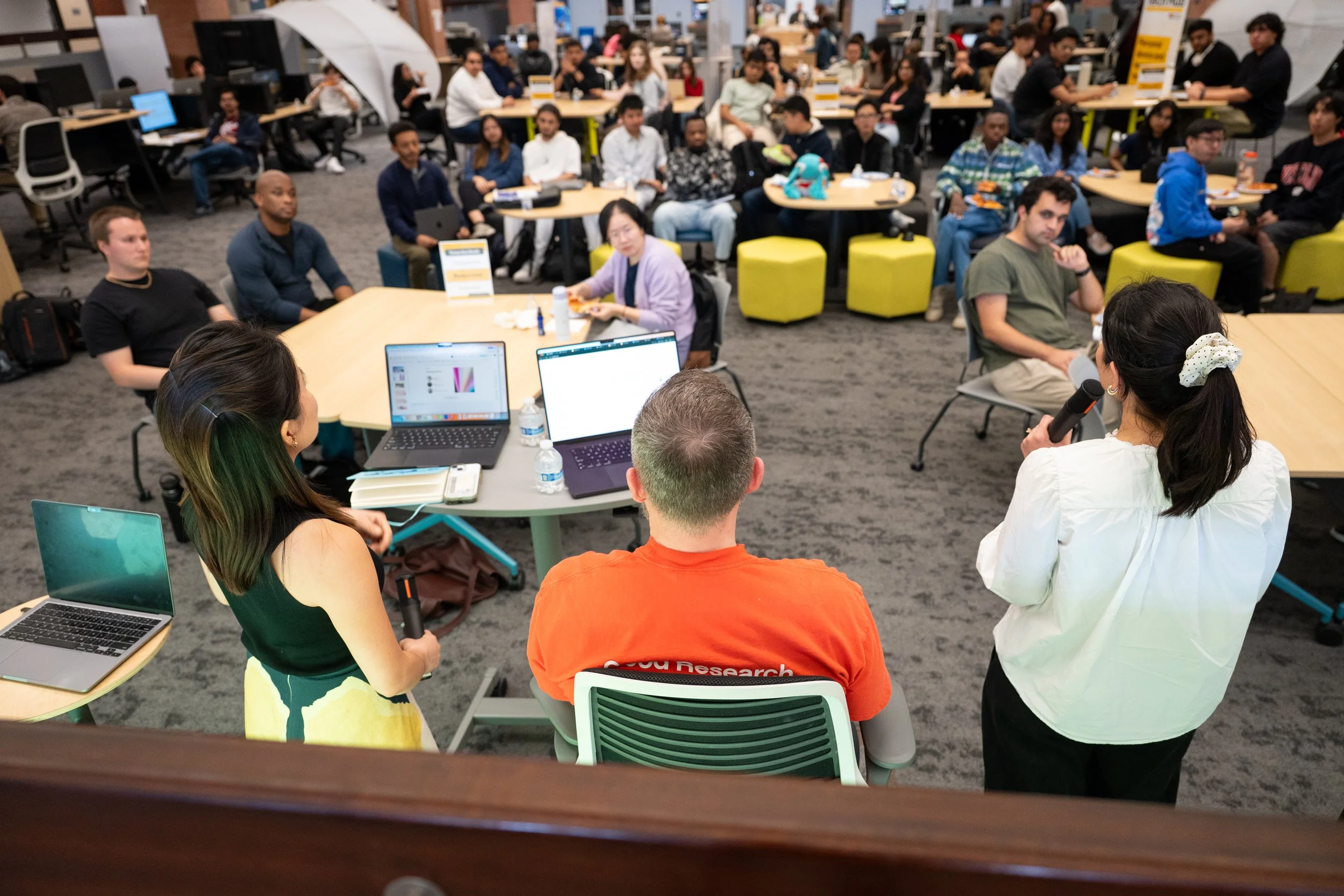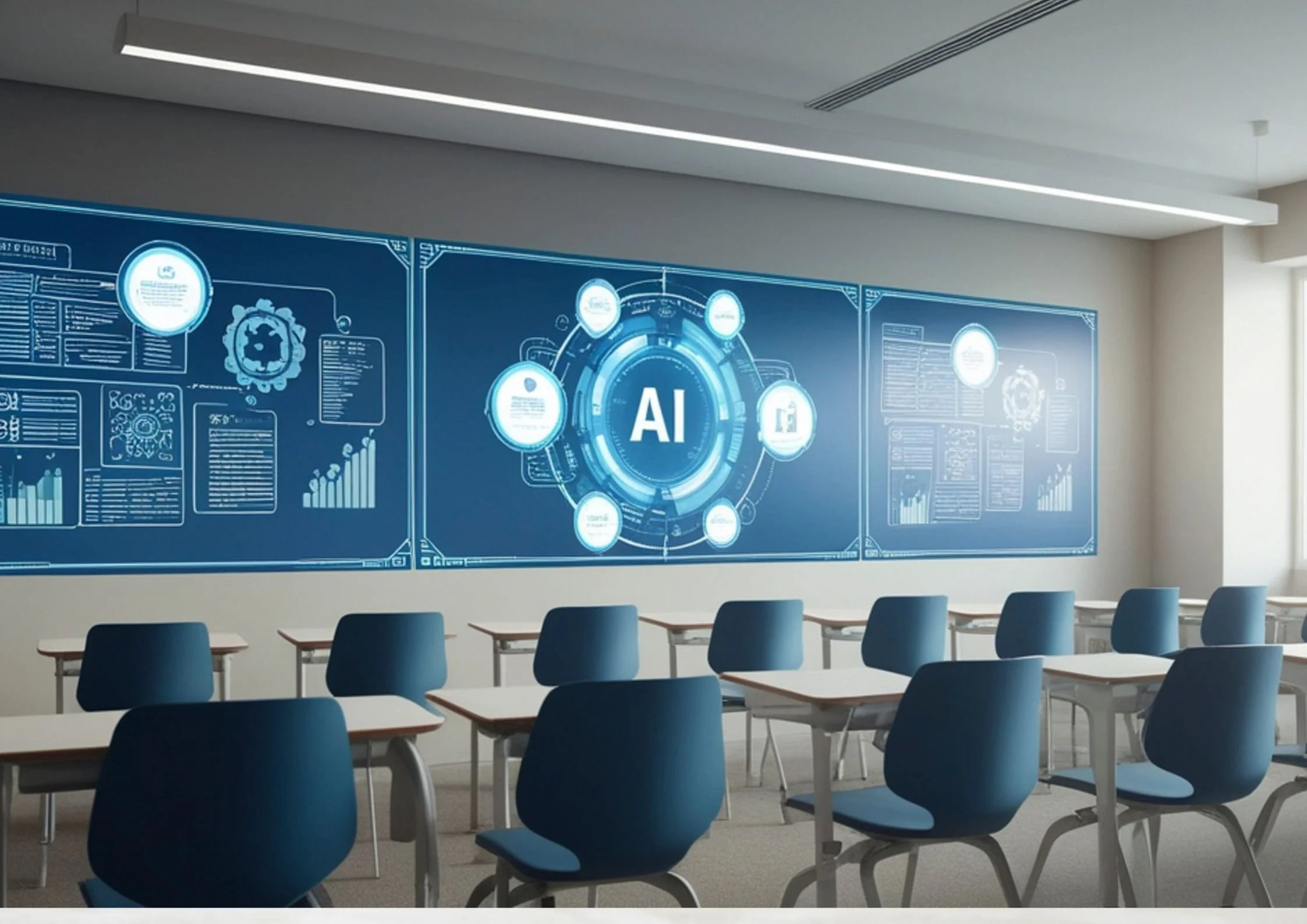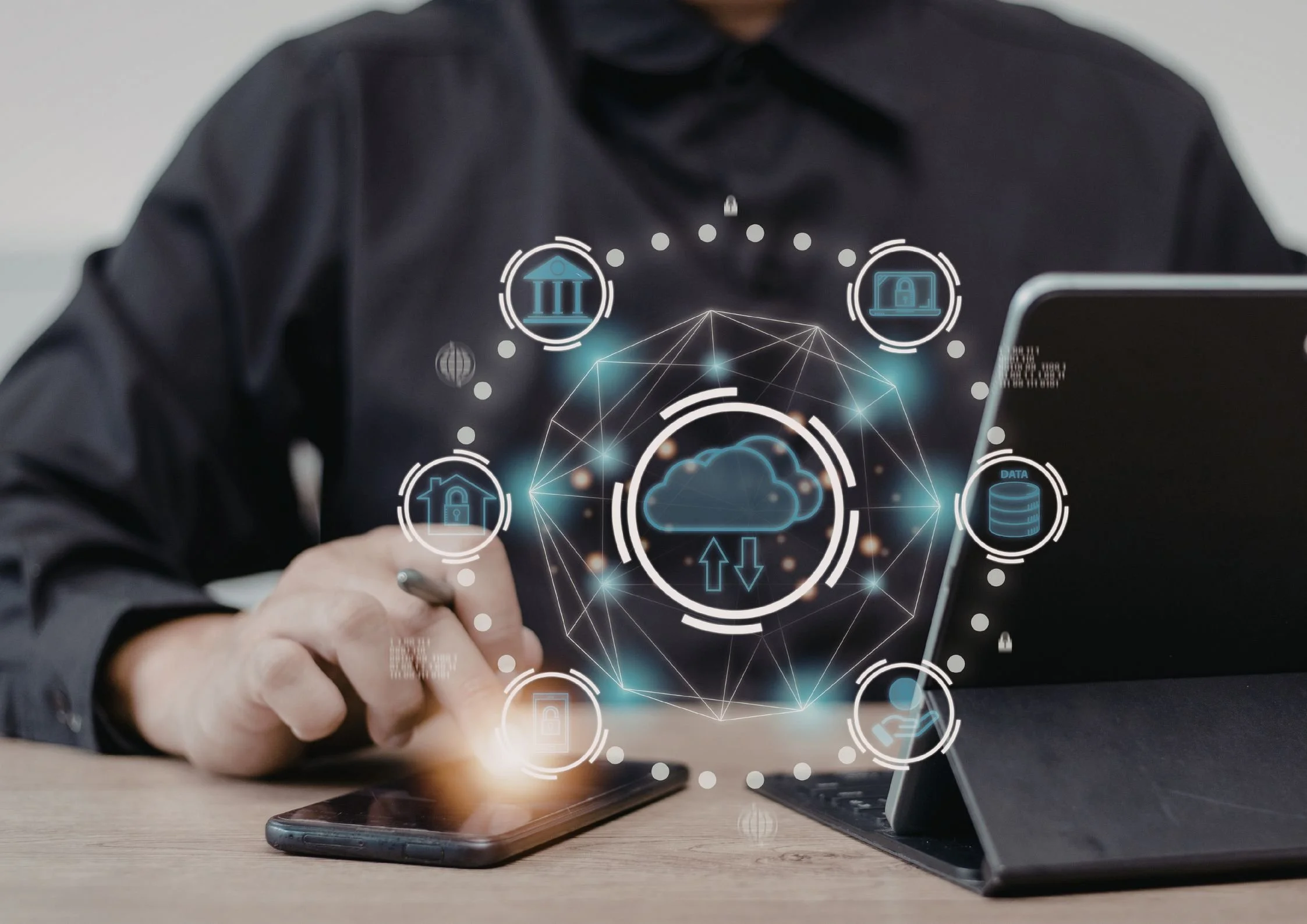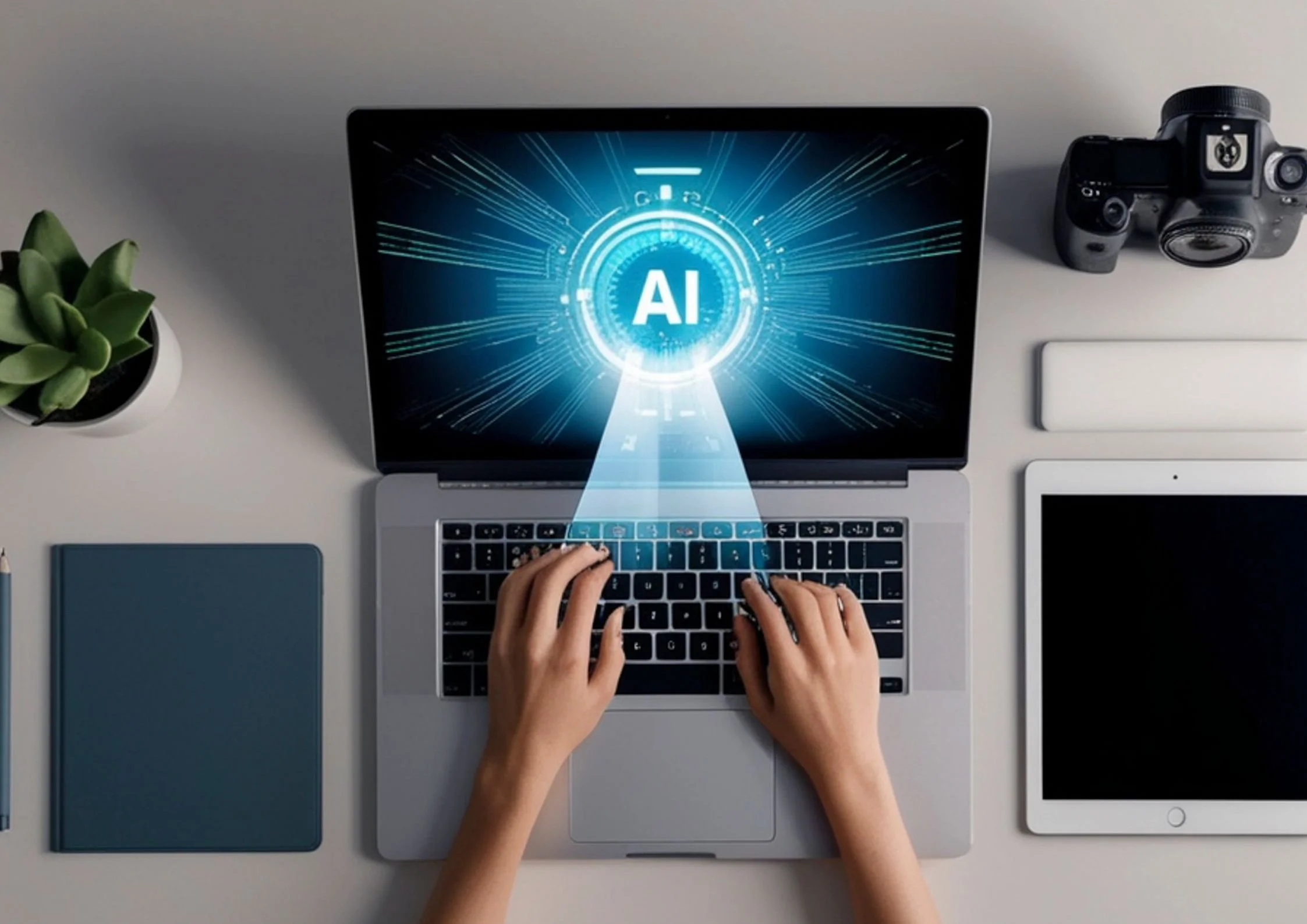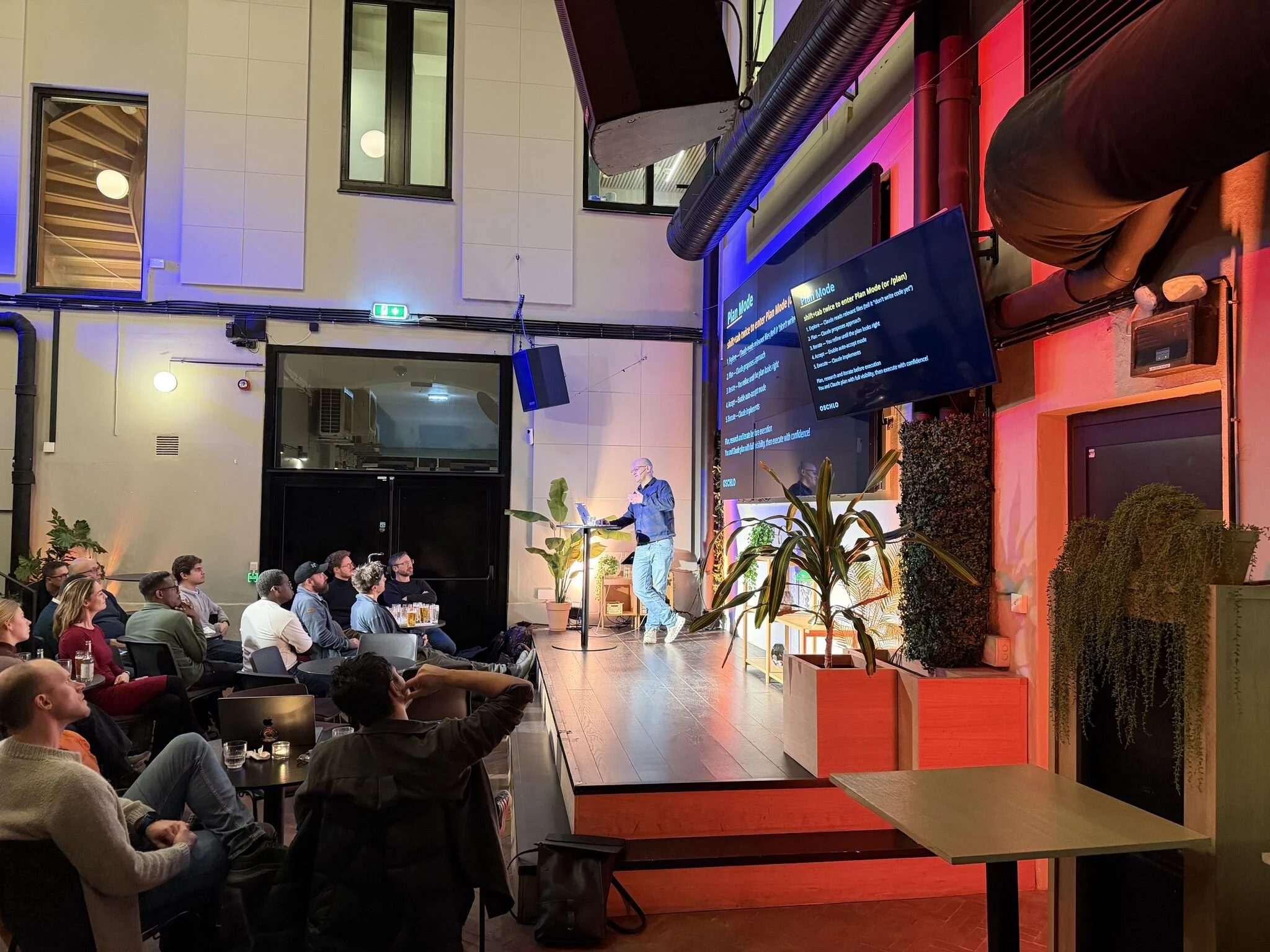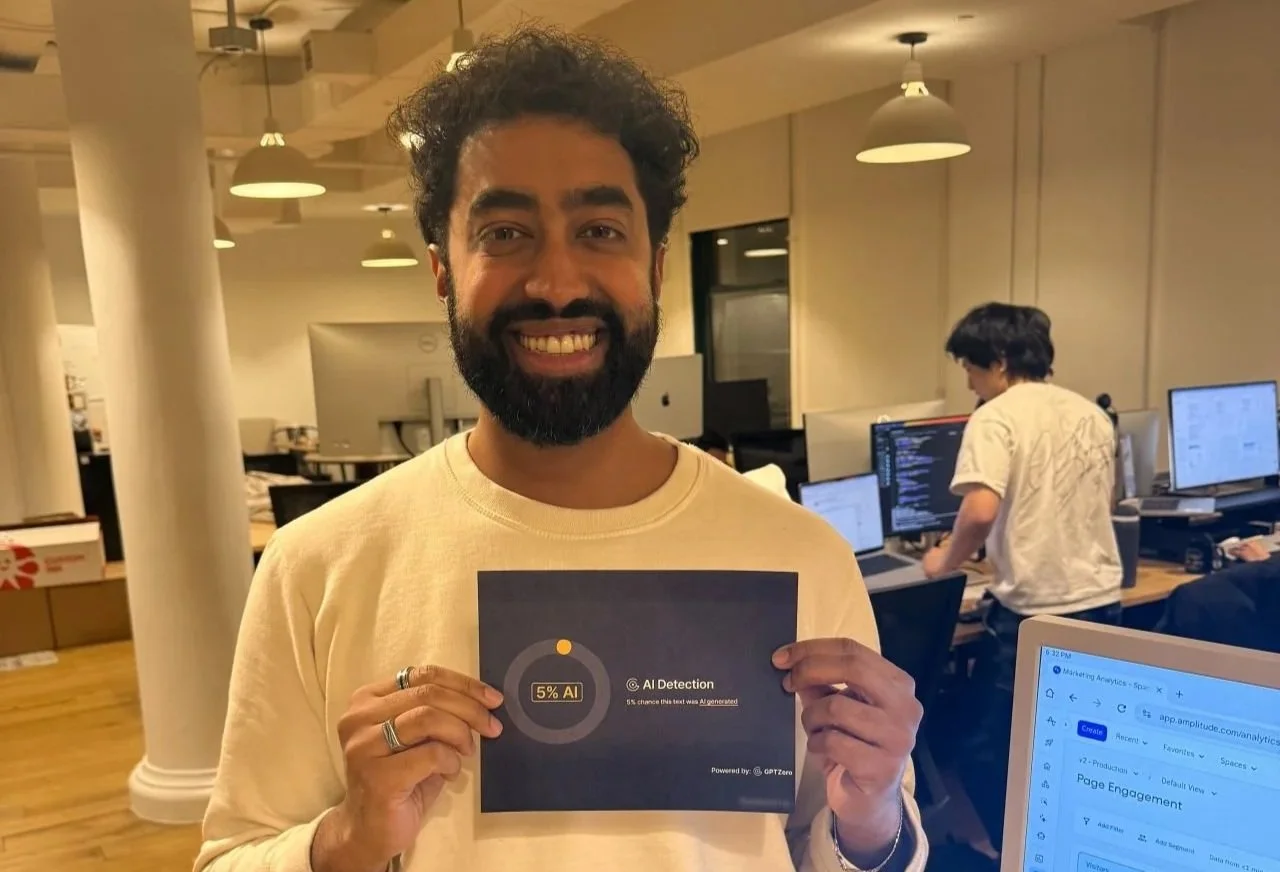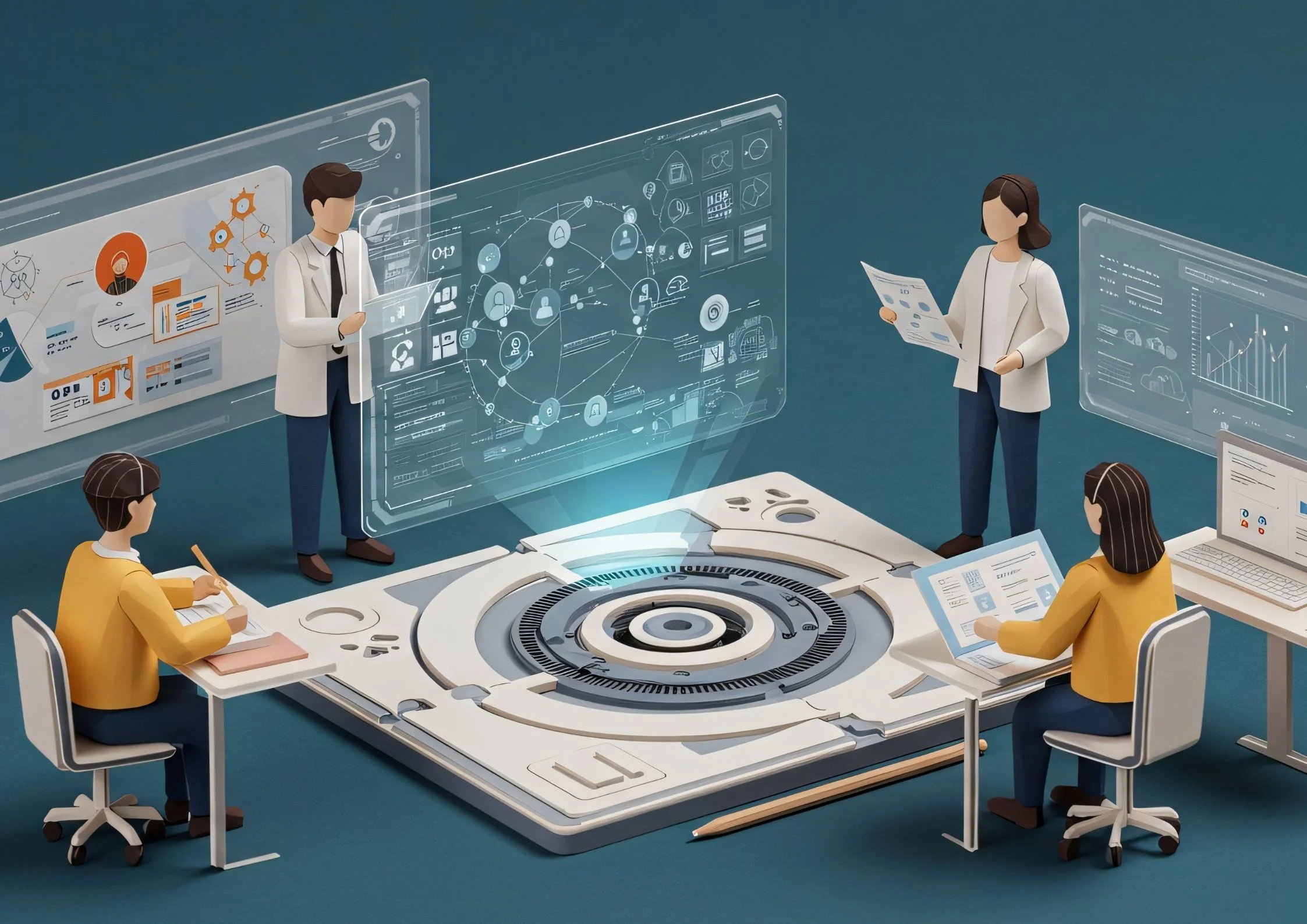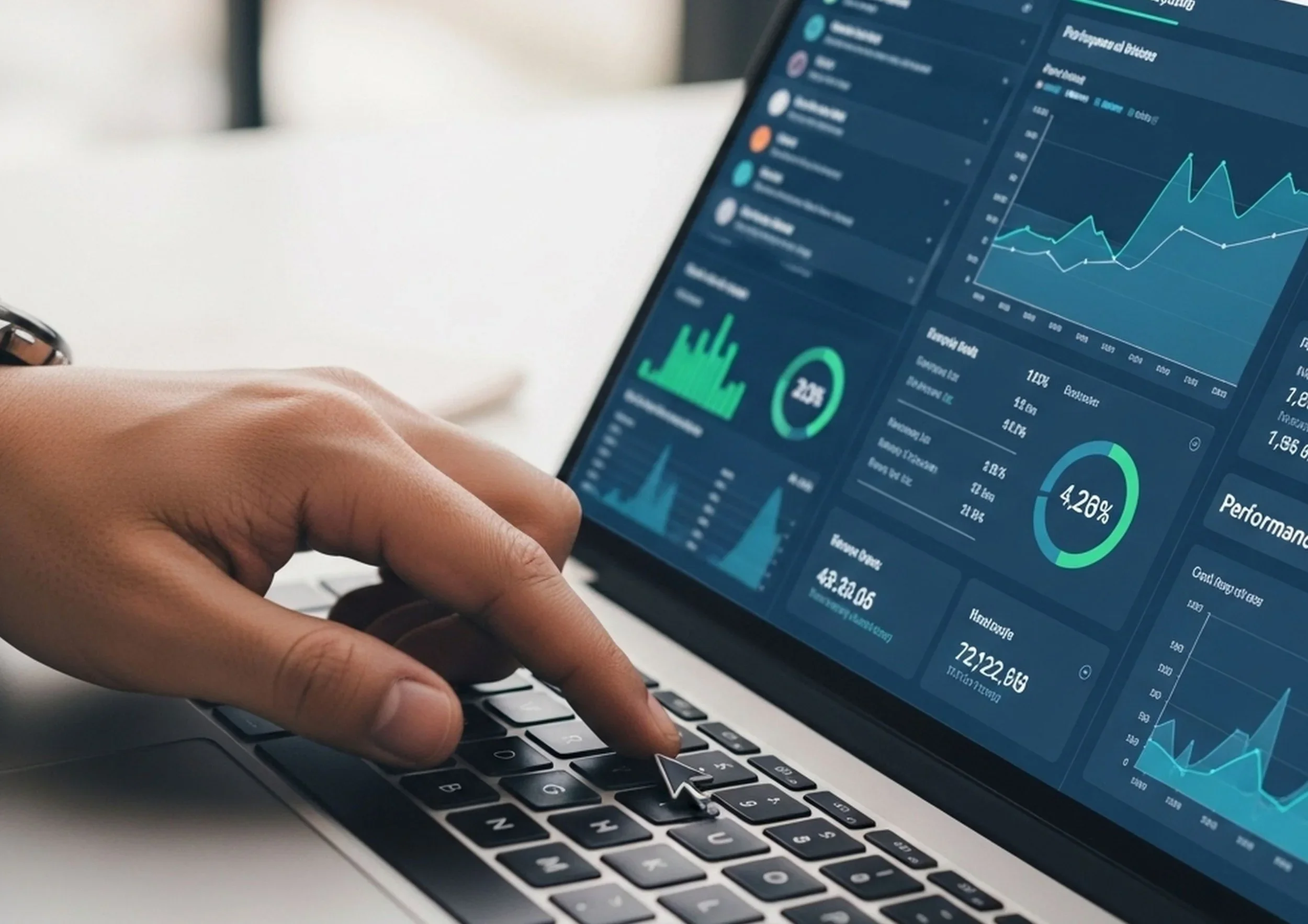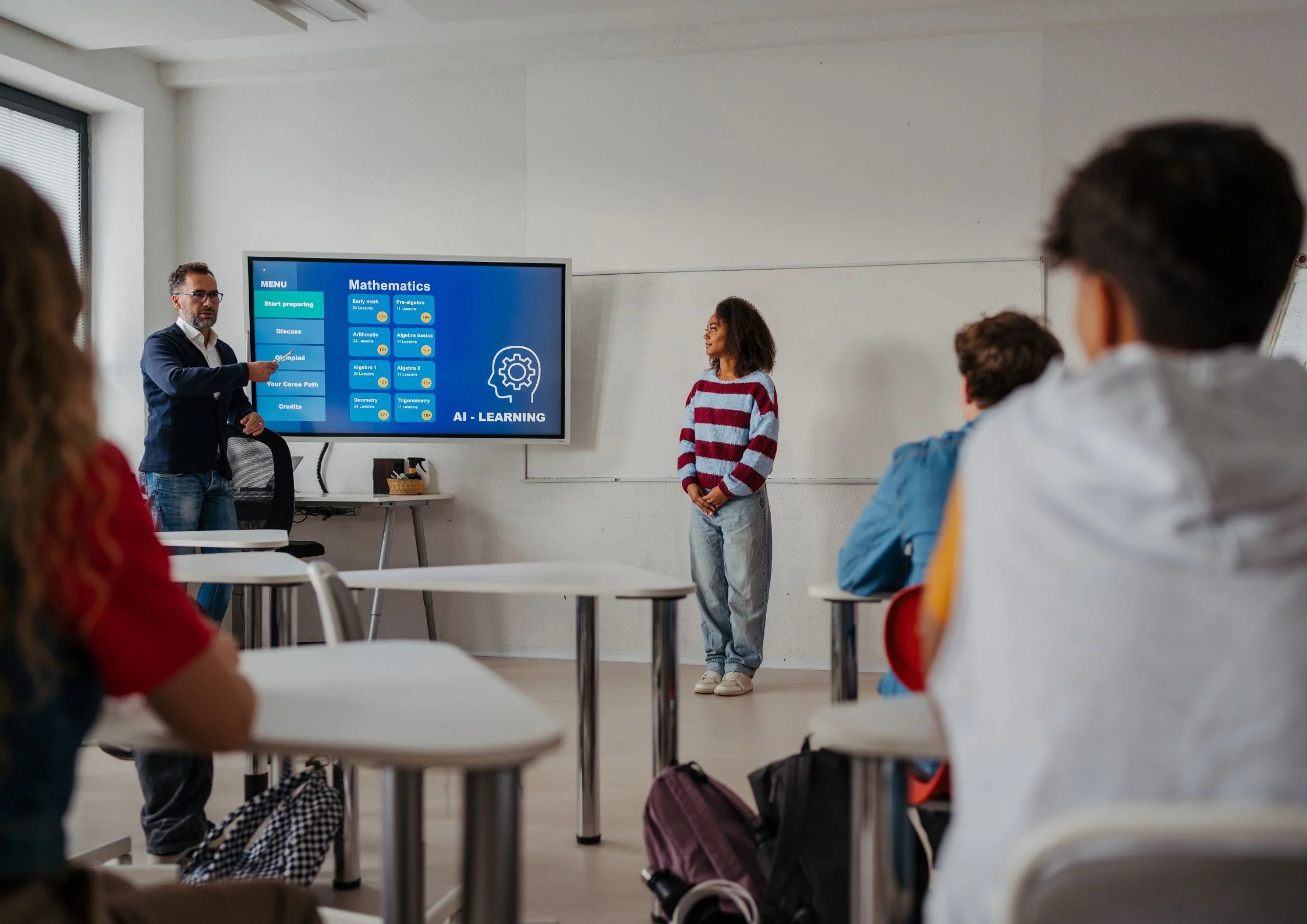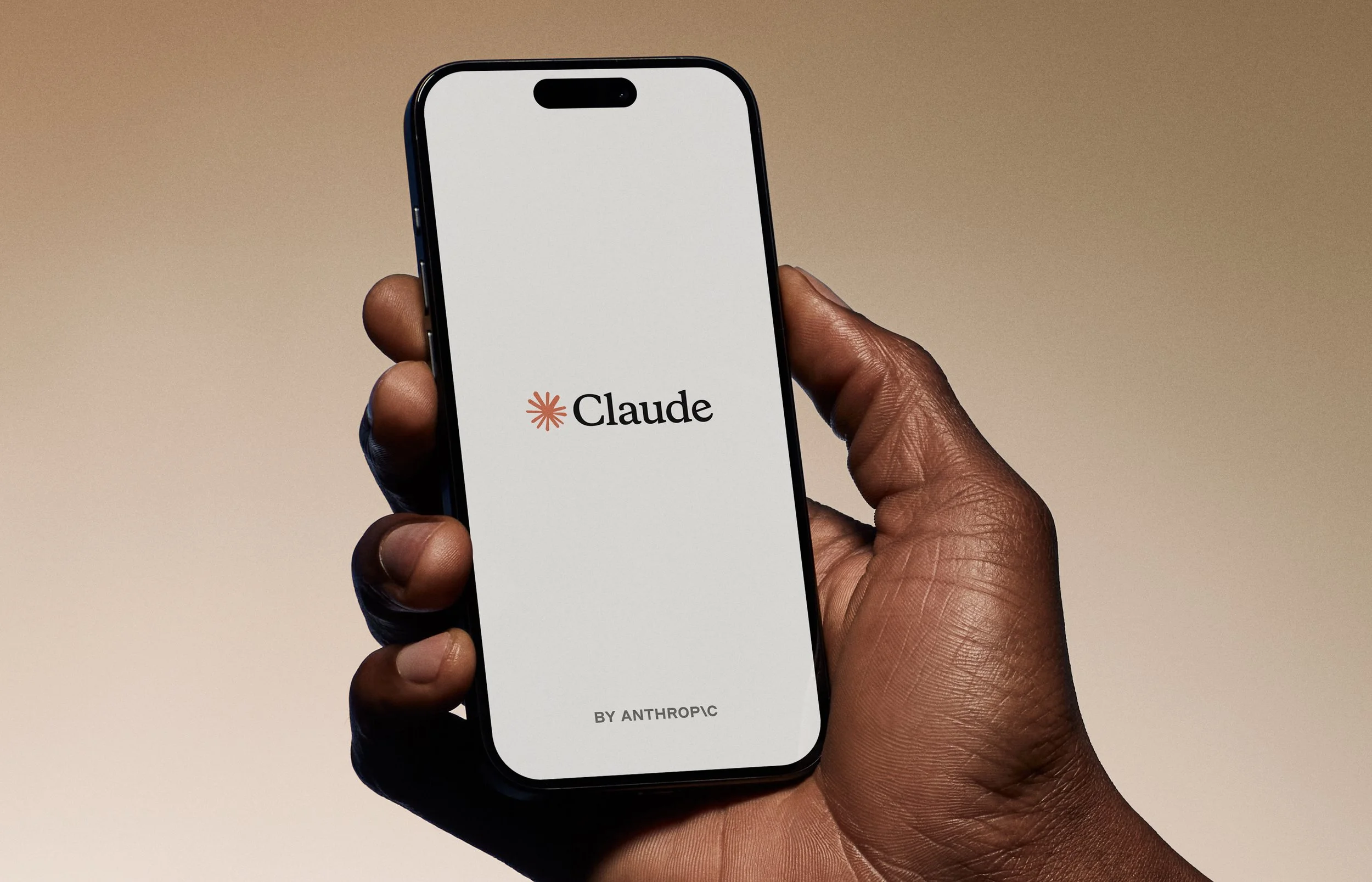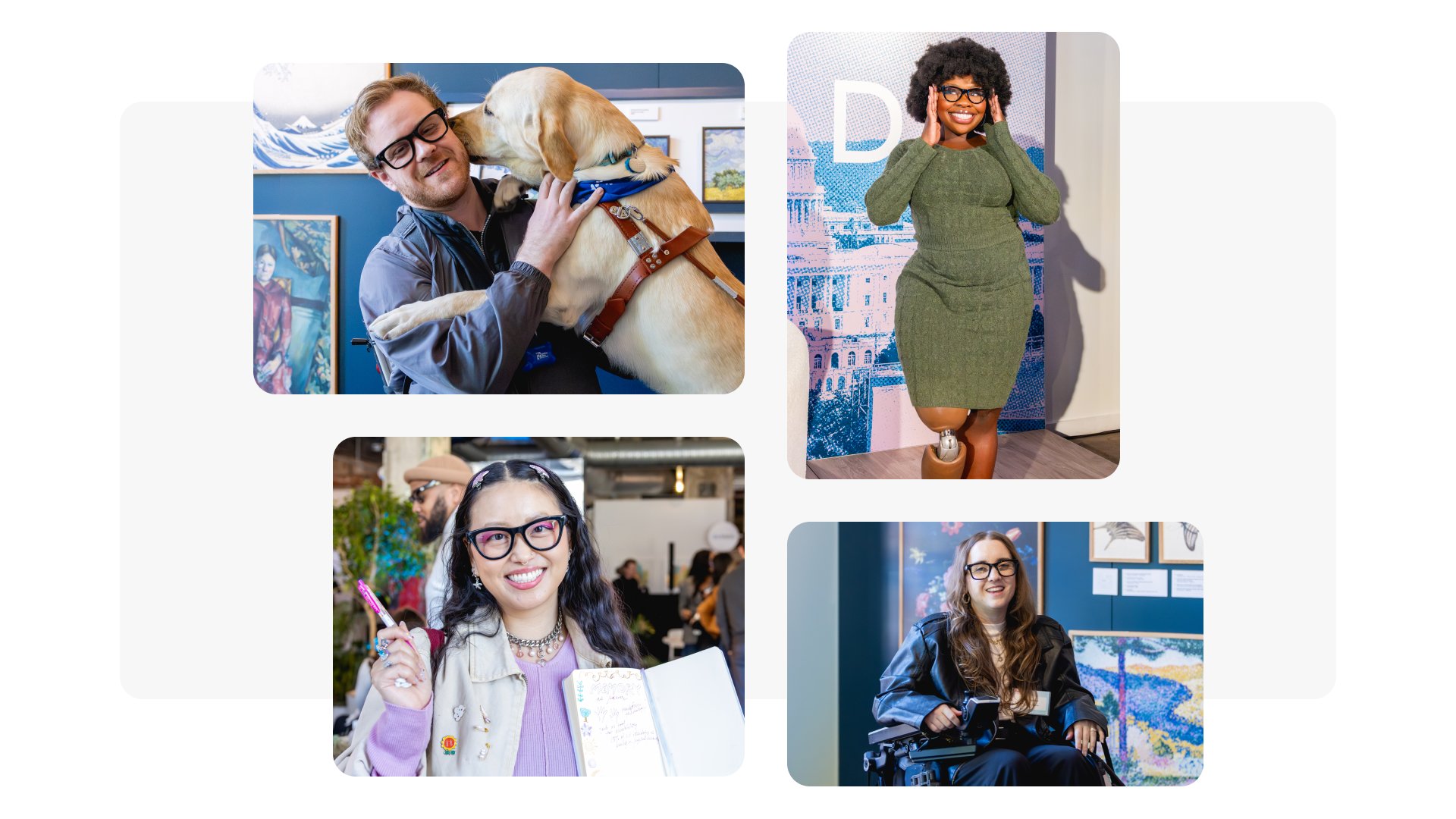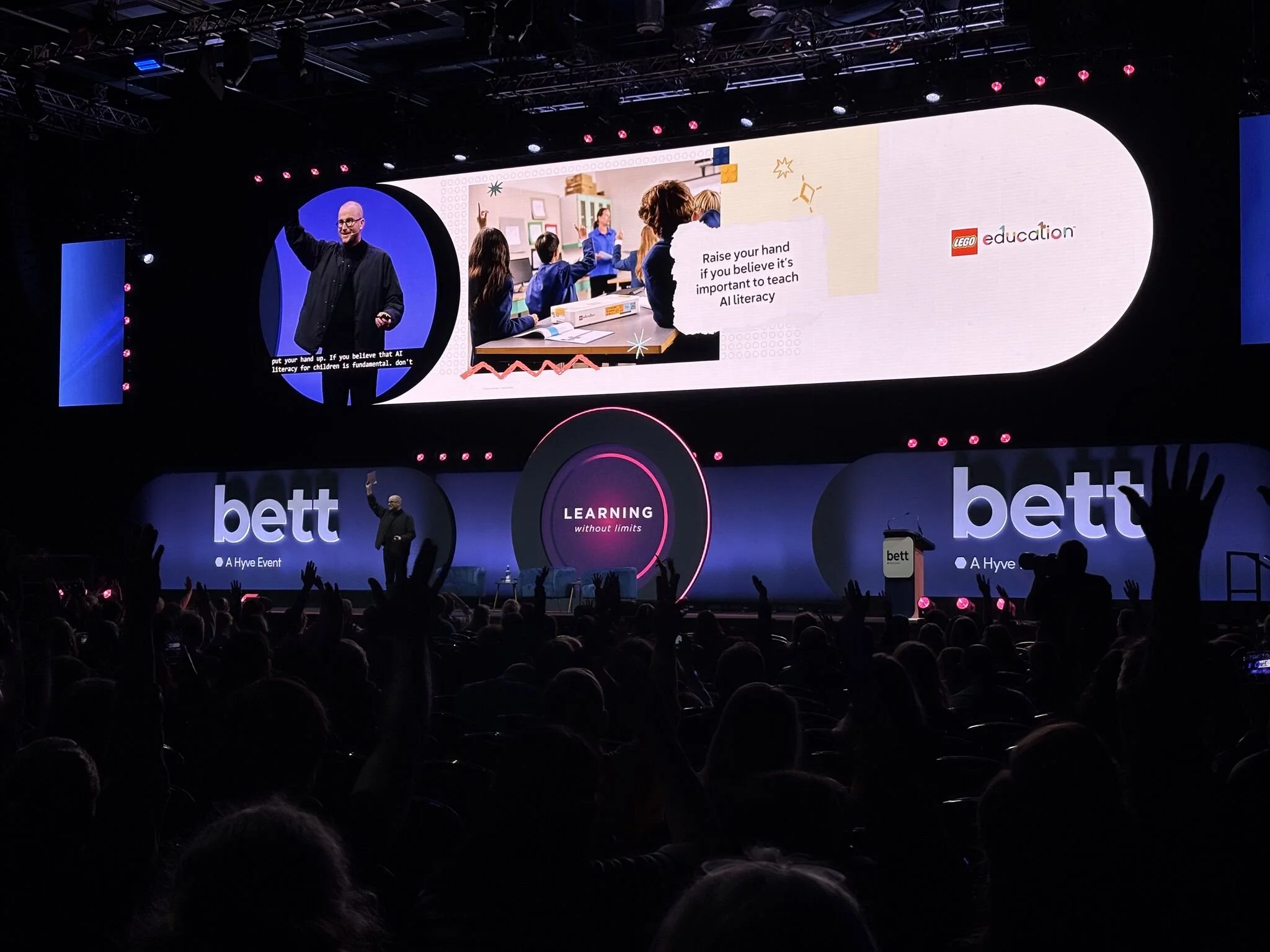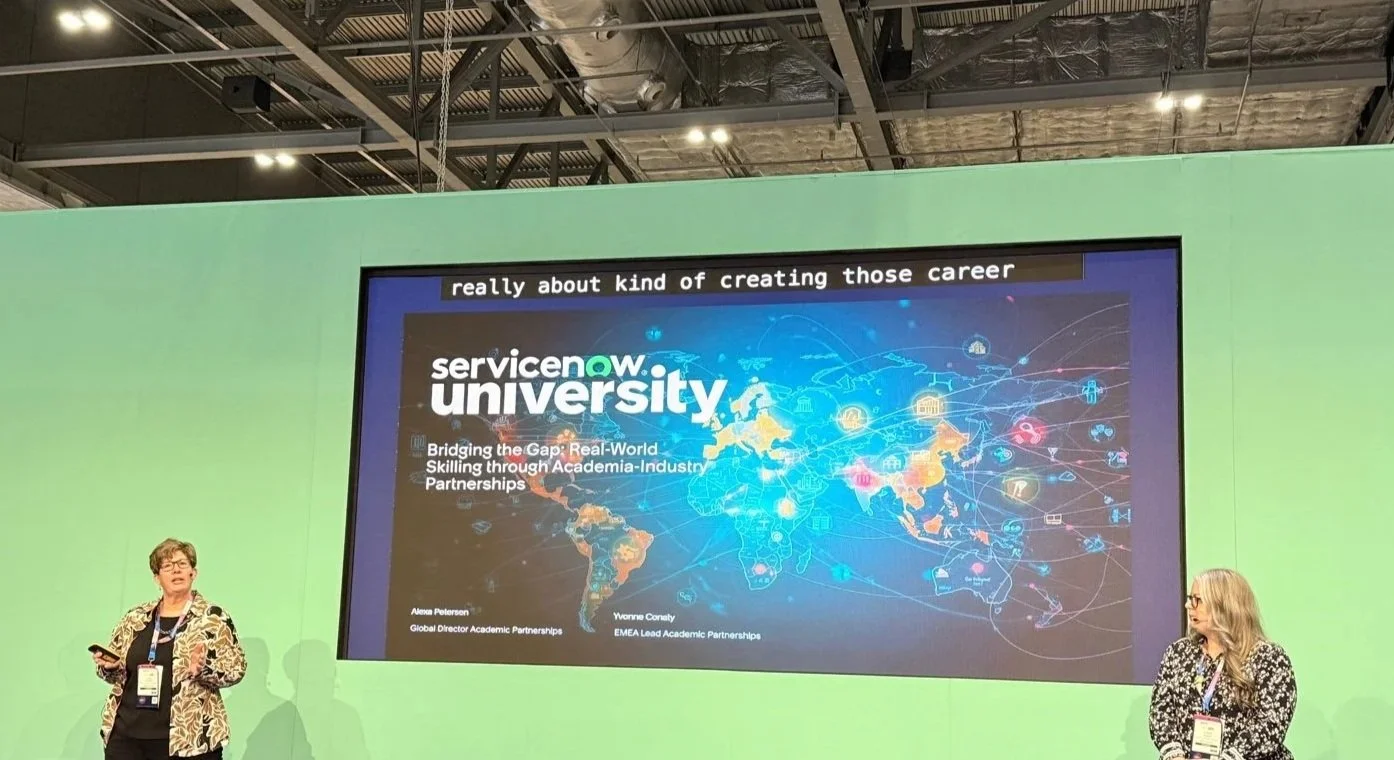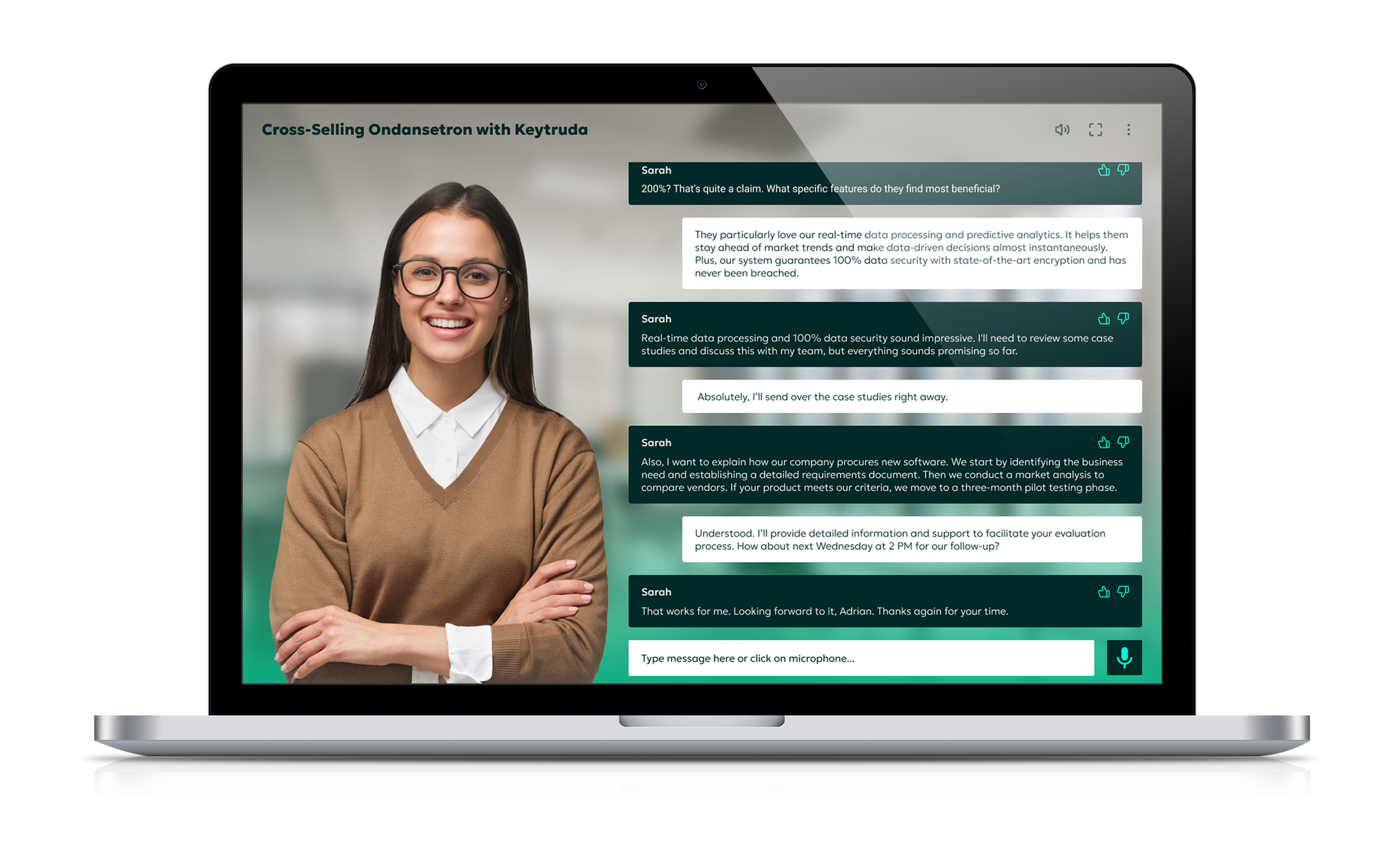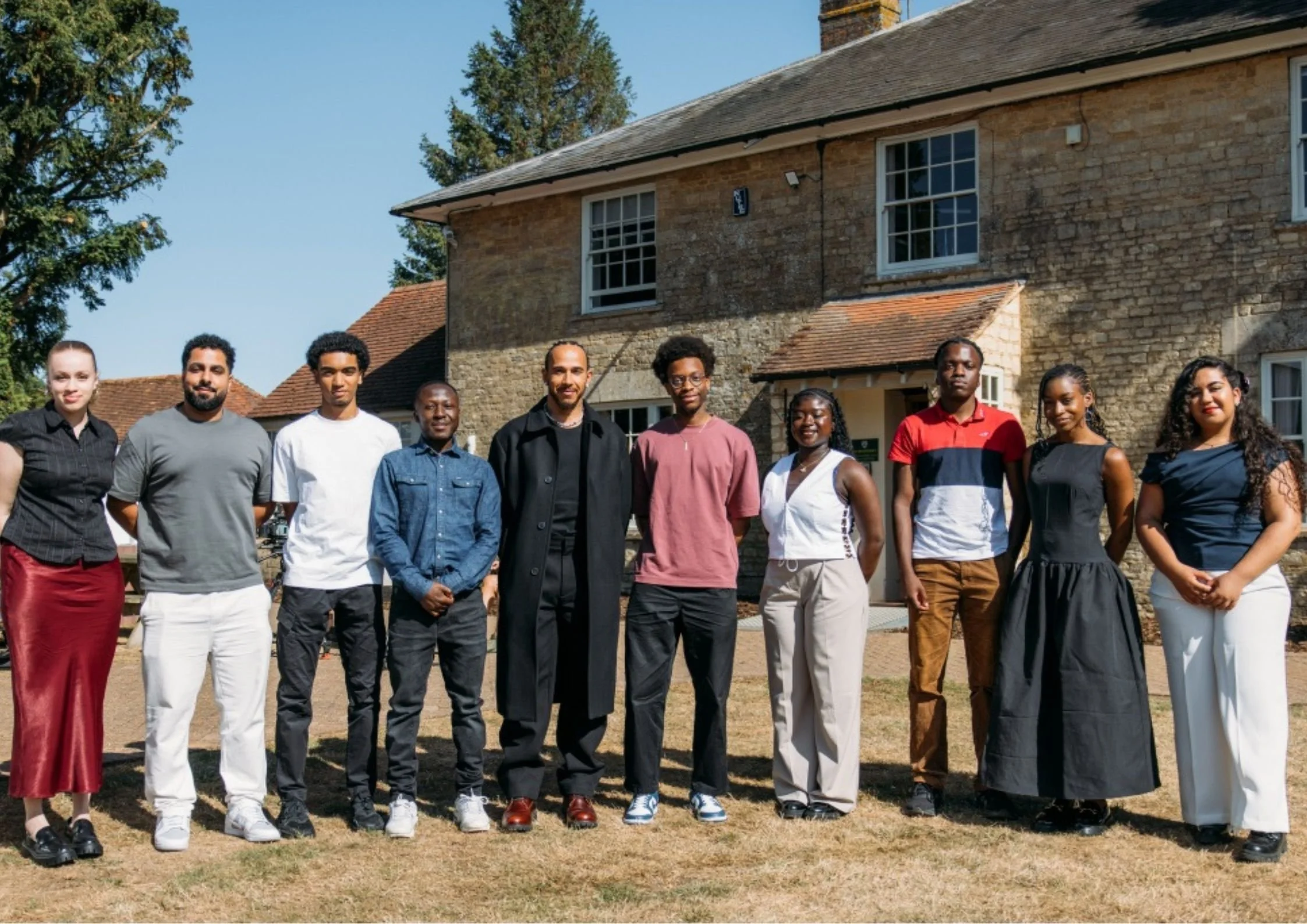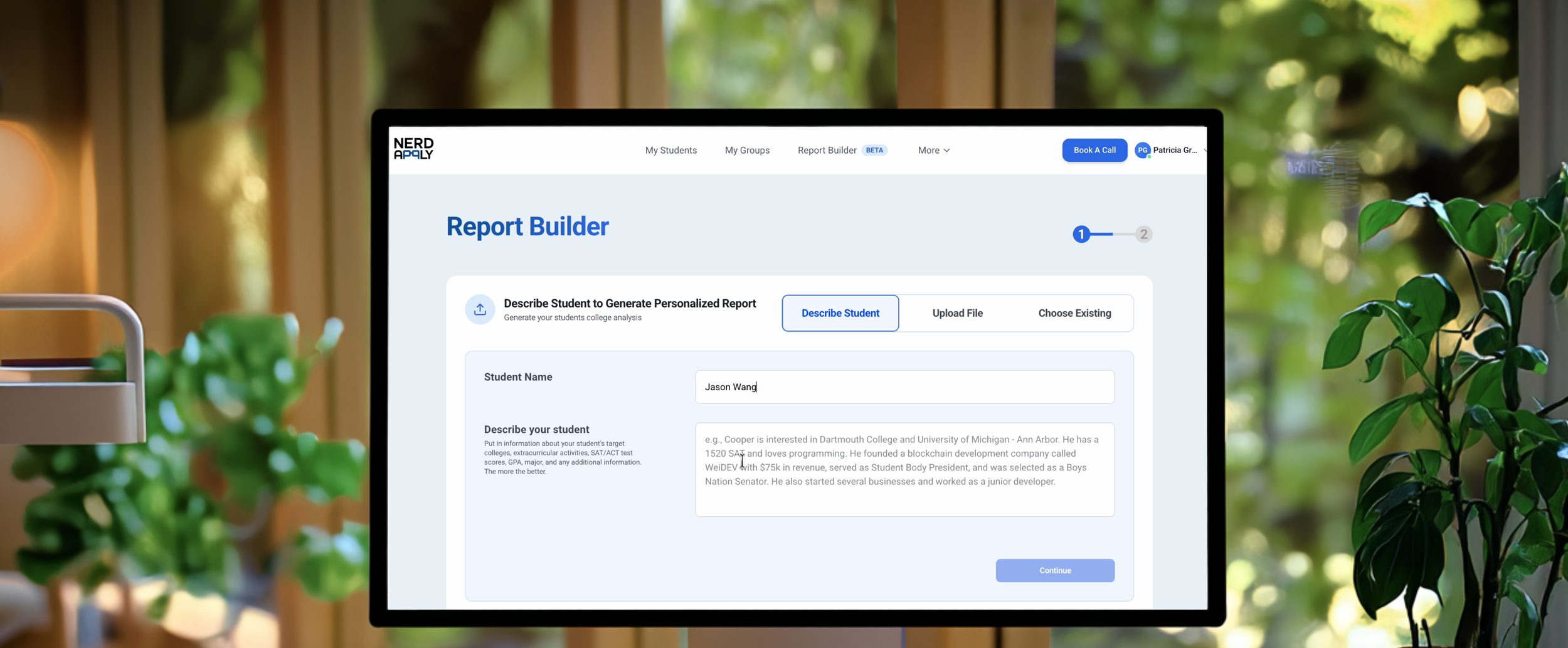How Owl Labs is bringing immersive hybrid learning experiences into classrooms
ETIH learns how video conferencing software Owl Labs has been enabling inspirational lessons in London schools, connecting students to experts around the world.
Owl Labs, a provider of video conferencing devices, has been working with a number of schools to bring exciting experiences into classrooms.
The company’s 360-degree video conferencing software aims to make remote meetings held on Teams, Zoom and other platforms feel more like in-person meetings thanks to video tracking and enhanced audio. Unlike embedded webcams in laptops and computers, Owl Labs’ device can be placed in the middle of a table for easier meetings and classroom sessions.
Frank Weishaupt, CEO at Owl Labs tells ETIH the company provides hardware that connects people remotely. “You might be used to video bars underneath a screen, but Owl Labs provides a 360º camera, speaker and microphone,” he says, adding that its software can select which speakers to show on screen.
Interactions with international experts
At Highlands Primary School in London, the Owl Labs technology allowed students to interact with marine experts at the Great Barrier Reef in Australia.
Mina Patel, Video Conference and Online Safety Lead at the London Borough of Redbridge, who oversaw the project, said the project provided a great opportunity for students to learn more about the animals and plants that live on the reef.
“It’s part of our National Curriculum for primary schools to learn about habitats and human impact on those environments, and what better way to learn than through the educators that live, swim, and work in the reef?,” Patel tells me.
Ideal for primary schools, where children usually sit around tables in groups instead of rows or pairs, Owl Labs’ technology can be placed at the centre of a school desk. The devices also offer improved microphone technology compared to the usual equipment embedded into a laptop, which is particularly useful when interacting with a group of children. The 360º view also makes it easier for presenters and virtual guests to see all of the children and interact with those raising their hands or responding to them in real-time.
“The reason our product works so well in these types of environments is that it is very, very easy to use,” Weishaupt explains. “It doesn’t matter what your technology knowledge is - it’s as easy as taking it out of the box, plugging it in and using your usual video conferencing program.”
“While webcams are great for one-to-one calls, when you’ve got 30 children in a classroom it’s a different dynamic,” Patel adds.
The London Borough of Redbridge has recently worked on another project, connecting children with the Borneo Orangutan Survival (BOS) Foundation in Indonesia.
The children learned about human impact on orangutans and how they are being looked after by the charity. Using the Owl Labs technology, children were able to ask questions about Indonesia, after learning about recent volcanic eruptions in the country.
“That’s the thing about video conferencing,” Patel says. “Children can ask questions and the person on the other side can immediately answer - the learning is consolidated and reinforced. It’s more memorable because the impact is immediate.”
While the device is ideal for use in classrooms, Weishaupt says it is also ideal for use at the other end of hybrid learning experiences. Owl Labs’ device can easily be carried to different locations in a backpack and only requires a source of power and a computer connection.
“If you have a presenter moving around, showing off something in a large area, the software will follow them,” Weishaupt explains, adding that the software can also focus on selected areas when prompted.
“It also allows for multi student engagement,” Weishaupt adds. “It’s not just students sitting in front of their laptops - they are able to engage.”
Virtual language lessons
Redbridge has also used Owl Labs’ devices to power its language lessons, connecting students with children speaking other languages in classrooms around the world. “The French children get a chance to practise their English while our class practises their French,” Patel explains. “It’s a really brilliant opportunity for modern foreign languages.”
Patel is keen to stress that these virtual experiences cannot replace school trips, visits and in-person experiences. “Going into a museum and actually seeing an artifact is a brilliant experience and one that you will not forget,” she says. However, with a high percentage of children at her schools receiving Free School Meals, she says virtual trips can help offer additional experiences. “But it does not replace school trips,” she adds.
While Owl Labs has also found extensive use in office spaces, Weishaupt tells me that education is also a priority. “Education is a top vertical of ours, and it’s one near and dear to my hear as we make this massive transition into figuring out how to get our schools adopting more technology - and not just our product.”
New technologies and new concerns
Looking ahead, Weishaupt says he sees potential for Owl Labs to support remote learning for children who are unable to travel into classrooms as well as wider use in universities and colleges. “You don’t necessarily have to live in California to attend classes at Stanford,” he says.
Weishaupt is also interested to see how educators adopt AI. “A key element of AI tools is data collection,” he says. “The data that is available from recording meetings on Zoom or Google is going to be critical.”
Patel has some reservations around the use of AI, although she adds that there are always risks with any technology and the benefits tend to outweigh these. Since the pandemic, she says Redbridge has been using cloud software to keep its calls safe and teachers use a waiting room to ensure only the host can access the meetings. However, she adds: “There are things that need to be made more secure.”
“The part that does worry me is the use of AI in these technologies,” she explains. “Who owns that data? We don’t know enough about it yet.” In the UK and EU, GDPR regulations put additional protections on the use of children’s data, but Patel suggests there is a real need for more transparency. However, Patel adds: “If you can keep it secure, the benefits are huge.”
With hybrid working now commonplace in many industries, Patel says Owl Labs’ technology is also normalizing the use of video conferencing for children in schools, giving them a chance to see the software in use and even use it themselves for presentations. “When they join the workforce, they will be used to having video calls,” she adds.




